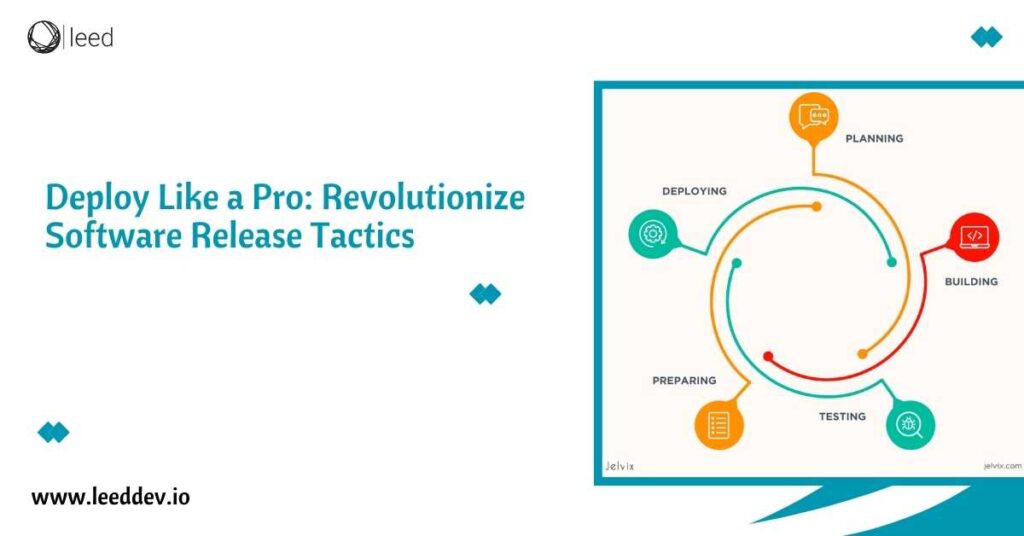Looking for the best software testing tools for your app? With the multitude of software testing tools available in the market, choosing the perfect one for you can be difficult. Luckily for you, the BBC team has provided a list of the best software testing tools.
What Are Software Testing Tools?
First of all, we need to know what software testing tools are and their purpose. Software testing tools are designed to test the application in various ways. The process basically refers to verifying the software product or application. These tools support defect logging, test analysis, and test execution. The main purpose of these collaborative tools is to manage different functional as well as non functional tests. Software testing is the process of finding defects and errors in a product or an application.
Types Of Testing
Some of the main types of testing are as follows:
- Black Box Testing: The Black box testing is done against a system in which codes and paths can’t be seen; they are invisible.
- Functional Testing: Functional testing involves testing of applications, websites or applications to make sure that they are working according to the software requirements.
- Non functional Testing: Non functional testing is related to the non functional aspects of an application which includes factors like stability, performance and usability.
- Accessibility Testing: This type of testing makes sure that the app is usable for clients with and without disabilities like vision impairment, hearing disabilities etc.
- Regression Testing: Regression Testing is a type of software testing that is done after a code update to make sure that the update adds no bugs in the app.
- Integration Testing: In integration testing the components of the software are integrated and then tested as a unified group.
- White Box Testing: In White box testing the internal structures or workings of an application are tested. The tester has all the knowledge and information of the system
- End to End Testing: As the name suggests, in this type of testing, the app is tested from start to end to ensure that everything is working according to requirements.
- Smoke Testing: Smoke testing is performed in the initial stage to make sure that the critical functionality of the application is working fine.
- Stress Testing: Stress testing is when we test software by making it work much harder than usual to see how well it can handle that pressure.
- Unit Testing: Unit testing is done to make sure that the individual part of the app is working perfectly on their own.
The Ultimate Software Testing Toolkit for Success
Now let’s discuss some of the most important software testing toolkits that are perfect for testing:
SmartBear TestComplete
SmartBear TestComplete is a commercial software testing tool that is perfect for regression testing, UI testing, and functional testing. It consists of different bug-tracking systems for identifying potential errors. Some of the key features of SmartBear TestComplete are as follows:
- Recording and playback of test scenarios
- Cross-Browser and Cross-Platform Testing
- Built-in object recognition
- Scripting language flexibility
- Integration with CI/CD Tools
- Object Recognition and Repository
Katalon Studio
Katalon Studio is a commercial testing software that addresses the common challenges of the testing community. The test case management tool is also equipped with a drag-and-drop interface and extensive libraries, which makes it user-friendly. The key features of Katalon Studio are as follows:
- User friendly interface
- Multiple testing capabilities
- Keyword driven testing
- Comprises of in built libraries
- Easy to use
- Integration with Version Control Systems
- Multiple environment execution
Appium
An open-source platform that supports both iOS and Android is Appium. It’s an open source, cross platform whose popularity is increasing day by day. The tool can be used to test different mobile apps like Native, WAP, and hybrid apps. The main features of Appium are as follows:
- Native app testing
- No App Modification Required
- Scalability
- Automation of touch gestures
- Simulator Testing
- Multiple language support
- Integration with Continuous Integration (CI) Tools
Selenium
One of the most common testing tools is Selenium. Selenium is an open-source tool that provides multiple features and testing capabilities. The tool also features automated browser testing, cross-browser testing, and mobile app testing. Some of the main features of Selenium are as follows:
- Cross browser compatibility
- Wide language support
- Supports multiple programming languages
- Automated functional testing
- Parallel testing
- Allows integration with multiple frameworks
- Extensibility
OpenText LoadRunner
It’s a performance testing tool from OpenText that is used to test applications and measure system behavior and performance under load. Some of the key features of OpenText LoadRunner are as follows:
- Scripting and protocol support
- Performance monitoring
- Scenario Building
- Reporting and Analysis
- Automated Test Execution
Conclusion
To conclude, software testing tools play an important role in the process of quality assurance. Each tool serves different parts of testing methods, providing various features to make applications as good as they can be. SmartBear TestComplete is great for regression, UI, and functional testing. Along with this, Appium is an open-source tool that is perfect for scaling and native app testing. Selenium is excellent for cross-browser testing and supports multiple languages. In the last, OpenText LoadRunner is ideal for performance testing, with scripting and reporting features. Using these tools you can ensure a bug free product so choose wisely!
FAQs
What is the Software Development Life Cycle?
Answer: The Software Development Life Cycle is a structured process through which high quality software can be produced in the shortest amount of time possible. The stages of SDLC are as follows:
- Planning
- Requirements gathering
- Design
- Development
- Testing
- Deployment
- Maintenance
What is software testing?
Answer: Software testing is the process of checking a software application to identify bugs, errors, or any deviation from expected behavior to ensure its quality and reliability.
Write 5 main types of software testing?
Answer: Following are the 5 main types of testing:
- Functional Testing
- Non Functional Testing
- Regression Testing
- Black Box Testing
- Integration Testing
How does software testing benefit businesses?
Answer: Effective software testing leads to increased customer satisfaction, reduced development costs, improved brand reputation, and faster time-to-market for applications.
Name some of the popular testing tools.
Answer: Some of the popular testing tools include:
- Selenium
- Katalon Studio
- Appium
- LambdaTest
- SoapUI
- Cucumber
What is Test Data Management?
Answer: Test Data Management (TDM) refers to the process of creating, maintaining, and managing the data used in software testing processes. It involves generating and manipulating data sets to fulfill specific testing scenarios.




